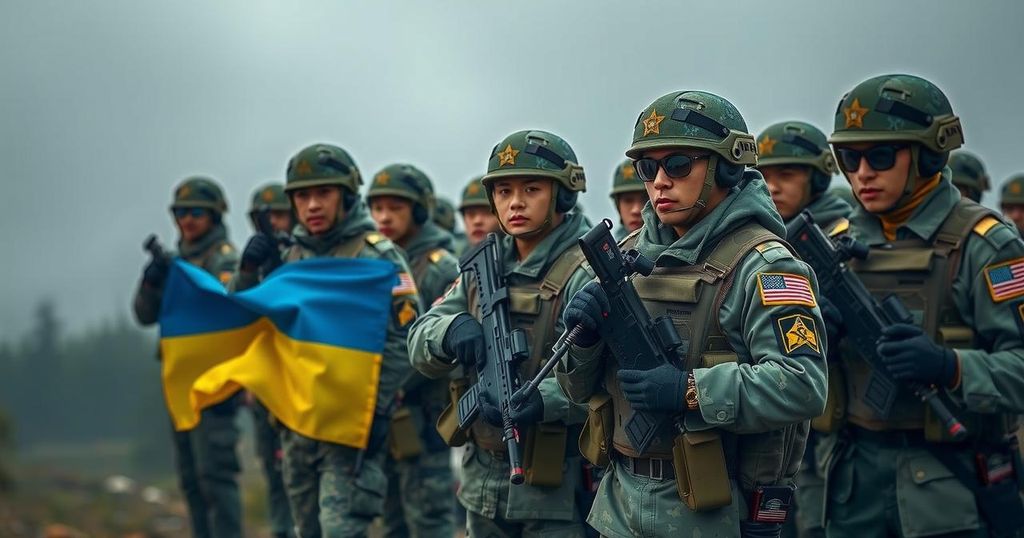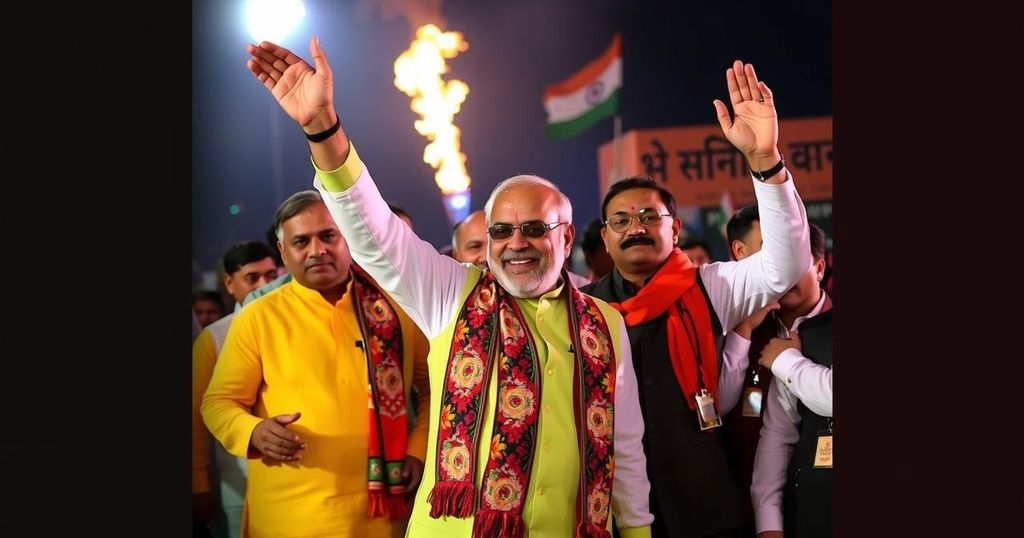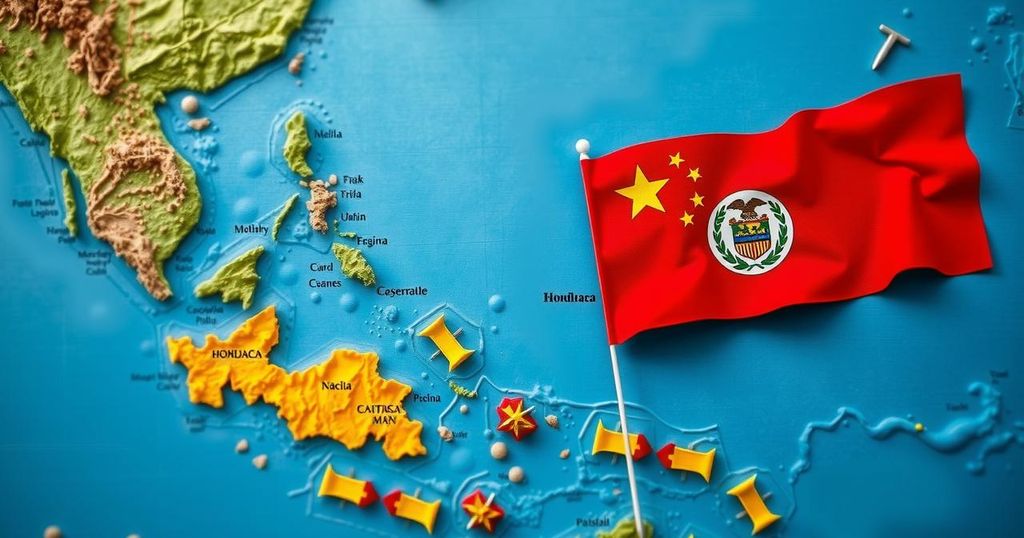China Faces Diplomatic Quandary as North Korea Sends Troops to Ukraine
North Korea’s recent decision to deploy troops to assist Russia in Ukraine complicates China’s diplomatic stance. Historically close ties may fray as North Korea’s actions inflame tensions in Northeast Asia and challenge China’s self-portrayal as a peace advocate. The potential for technology exchanges raises concerns about increased aggressiveness in the region, complicating China’s influence over its ally.
In recent developments, North Korea has undertaken a controversial decision by dispatching troops to support Russia in its ongoing conflict with Ukraine. This move poses significant diplomatic challenges for China, which maintains a historically close partnership with North Korea, having celebrated 75 years of diplomatic relations earlier this month. However, the implications of North Korea’s military involvement in Ukraine test the resilience of this alliance, particularly as it thrusts China into an uncomfortable position in the geopolitical arena. China has expressed frustration over North Korea’s destabilizing actions in Northeast Asia, which include its continued nuclear armament and aggressive posturing towards South Korea. The additional factor of North Korean troops fighting in Ukraine exacerbates tensions, potentially escalating clashes between Western allies and anti-Western forces supported by Russia and China. Furthermore, the occurrence of North Korean soldiers engaging with Western-supported factions undermines China’s image as a promoter of peace and stability, contrasting sharply with its narrative that criticizes the United States for instigating a new Cold War. Additionally, analysts suggest that this military exchange may lead to increased military technology transfers from Russia to North Korea, emboldening the latter to adopt a more confrontational stance towards Japan and South Korea. This scenario raises concerns for China regarding its diminishing influence over North Korea, as it remains reliant on China for vital trade and aid despite its independent military ambitions. The provocative actions of North Korea have already contributed to the formation of a trilateral security alliance among the United States, Japan, and South Korea, which Beijing perceives as an encirclement strategy led by Western powers.
The relationship between China and North Korea has historically been described as extremely close, sometimes referred to metaphorically as ‘lips and teeth’. This relationship is now under significant strain due to North Korea’s latest military actions in Ukraine. While China has positioned itself as a stabilizing force amidst rising tensions globally, North Korea’s involvement complicates this narrative, as it may provoke further escalations within Northeast Asia requiring a delicate diplomatic balancing act from China. Observers highlight the growing need for China to manage its traditional ally’s actions without compromising its own strategic interests, especially given the heightened global scrutiny of its alliances and geopolitical maneuvers in the context of the ongoing conflict between the West and Russia.
In summary, North Korea’s decision to send soldiers to support Russia in Ukraine represents a significant diplomatic dilemma for China. This move not only strains their historical ties but also challenges China’s narrative of peace and stability in the face of increasing military assertiveness from its ally. The potential for military technology exchanges and heightened aggression towards South Korea and Japan further complicates matters, suggesting that the dynamics of Northeast Asia and beyond could be reshaped by this development. China now faces the intricate task of managing its longstanding relationship with North Korea while addressing the global ramifications of such actions.
Original Source: www.nytimes.com








Post Comment